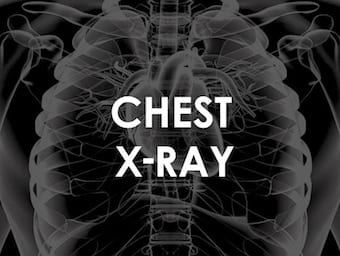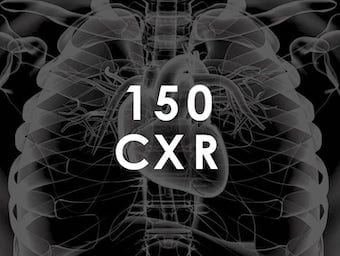
CCC Update 005
IT is time to recap what is new in the LITFL Critical Care Compendium: ventriculitis, starvation response, iron overdose, oxygen, validity of clinical research and surrogate outcomes.
The LITFL Critical Care Compendium is a comprehensive collection of pages concisely covering the core topics and controversies of critical care.

IT is time to recap what is new in the LITFL Critical Care Compendium: ventriculitis, starvation response, iron overdose, oxygen, validity of clinical research and surrogate outcomes.

an orally active direct Factor Xa inhibitor (a n example of a NOACs or “New Oral Anticoagulants”)

CCC Update 004 features glucose control, echo for AS, sugammadex, post-arrest prognosis, SDD, physiotherapy, pandemic, bicarb and DKA, and HSV encephalitis

CCC Update 003 features the glycocalyx, septic emboli, VBG v ABG, splenectomy care, antibiotic timing, storage lesions, submassive PE & lit summaries.

CCC Update 002 features a raft of changes in the wake of the TTM trial, as well as adaptive trial designs, ammonia, quorum sensing, Stenotrophomonas multophilia, obesity in trauma, and antibiotic timing.

Additional reading from Normal CXRs; Eric Strong Interpretation series; the DRABCDE approach; CXR for the OSCE and of course the Top 150 CXR to try your luck!
If the light on the laryngoscope fails, clean contact between blade and handle, check bulb is screwed in place securely. If this fails, use a spoon

Labelled normal anatomy chest X-ray to assist in interpretation review

Chest X-Rays (CXR) are routine investigation in clinical practice and consequently it is important for medical students and clinician’s alike to know how to interpret them. There are many approaches to CXR interpretation, each trying to ensure that key abnormalities are identified and no area is overlooked.

An update on what's new and what's been polished up a bit in the Critical Care Compendium. We highlight topics on tracheostomy, ventilator discontinuation and extubation.

This page requires revision OVERVIEW the currently preferred term for therapeutic hypothermia is targeted temperature management (TTM) induced hypothermia successfully used in cardiac surgery -> protects against global cerebral ischaemia (deep hypothermic arrest) described since the 1950s in various clinical…

Revised and reviewed 29 March 2017 OVERVIEW The semi-elective intubation of neurocritical care patients requires a modified technique to avoid the harmful consequences of intubation, which include: USE OF THIS APPROACH This approach is suitable for patients with: It is not…